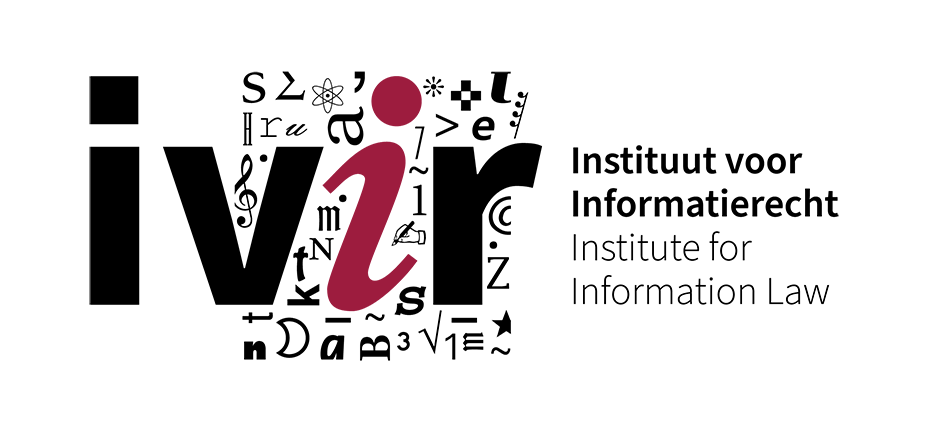Smartphones and Privacy: Unique Research Project by MIT and the University of Amsterdam
Two leading research groups, the Internet Policy Research Initiative (IPRI, Massachusetts Institute of Technology) and the Institute for Information Law (IViR, University of Amsterdam) have received grants to investigate privacy in smartphone ecosystems. The grants come from a joint program of the national science foundations in the US (NSF) and the Netherlands (NWO). The collaboration between the two research groups follows their joint work on the EU-US Privacy Bridges project and takes account of that project’s recommendation to engage in further research to understand similarities and differences of the two region’s privacy regimes.
Smartphones have become the dominant devices for communication and access to services. In the process of their operation, apps collect and use increasing amounts of personal information, challenging privacy and raising questions about transparency and fairness. This joint research project will undertake a cross-cultural investigation of how different app ecosystems (Android, Apple iOS) shape privacy and transparency towards users through user control mechanisms, while analyzing the impact of different legal frameworks on smartphone privacy in Europe and the US.
The project will be the unique in applying a multidisciplinary (law and human computer interaction) approach to the question of how differing legal and cultural factors in the US and EU affect citizens’ privacy expectations, preferences and behaviors. By combining their expertise in user privacy studies, online services, platforms, and privacy law, the researchers will develop an analytical framework for understanding privacy behavior on digital platforms that span different legal environments, using the US and EU as exemplars of policy heterogeneity.
The outcome of the study will (a) help clarify the role of ecosystem providers in shaping privacy governance; (b) support identification of the features and factors within US and EU regulations that are most effective in addressing people’s privacy needs when making use of services that depend on the collection and use of their personal data; (c) support legal and policy recommendations for relevant stakeholders, including lawmakers, regulators, and companies, on the interpretation and implementation of existing rules, and the need for reformed ones.
Amsterdam, 23 November 2016
See also:
- NWO: Five international project proposals on Privacy in a Cyber Environment approved
- (in Dutch) UvA: De invloed van smartphone-ecosystemen bij privacybescherming
- (in Dutch) Emerce: UvA en MIT bundelen onderzoek privacybescherming
Contact (IViR, UvA):
Prof. dr. Nico. A.N.M. van Eijk (vaneijk@uva.nl, +31 6 224 094 39)
Joris V.J. van Hoboken (vanhoboken@uva.nl, +31 6 188 788 41)
Institute for Information Law, Faculty of Law, University of Amsterdam
Vendelstraat 7, 1012 XX Amsterdam, The Netherlands

